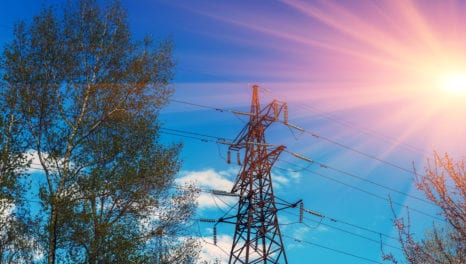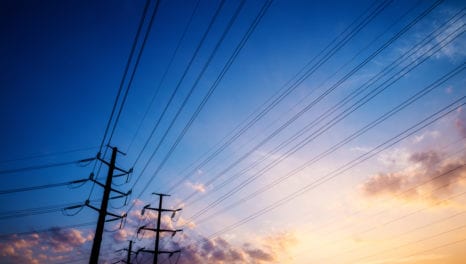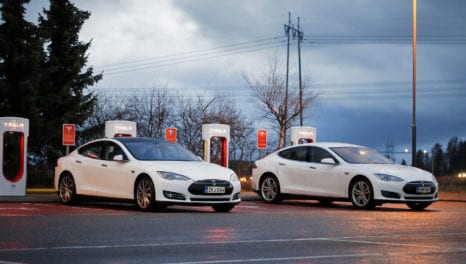UK and China to develop new offshore energy technology
Five projects will bring together "some of the leading minds in this field"
7th September 2017 by Networks

Researchers from the UK and China have agreed to work together on five projects to develop the “next generation” of offshore renewable energy.
The projects have been funded as part of the Joint UK-China Offshore Renewable Energy programme, with support from the Engineering and Physical Sciences Research Council (EPSRC) and the National Environment Research Council.
The three-year long projects will also help to showcase the potential of offshore renewable energy to provide stable power supplies for island and coastal communities and understand the risk of extreme weather events.
A project led by Professor Thomas Adcock from the University of Oxford and Professor Ye Li from Shanghai Jiao Tong University will specifically look at the impact of extreme wind and typhoons on offshore wind turbines.
While another project led by Professor Mike Graham from Imperial College London and Professor Yonghua Song from Zhejiang University will examine how to create a new generation of predicting capabilities, which will support the design of more economical offshore windfarms.
Energy minister Richard Harrington said it will support “collaborative research into the next generation of offshore technologies with one of our largest global trading partners”.
While the chief executive of the EPSRC, Professor Philip Nelson, added: “This multi-disciplinary programme has already delivered invaluable research on reducing energy demand at the city scale, the integration of electric vehicles and grid-scale energy storage.
“These new projects bring together some of the leading minds in this field from the UK and China to increase our capacity to generate and distribute affordable, safe, clean energy.”
Comments
Login on register to comment
Related content

Power
The future for vegetation management
Why networks should focus on data not trees to overcome the costly challenges involved in vegetation management

Power
An unprecedented opportunity for change
Why short interruptions will matter in RIIO-ED2 and how to address them.

Power
Time for less talk and more action on decarbonisation
Core "oven-ready" solutions to decarbonising heat and transport exist today and should be implemented without delay, says WPD's future power networks expert.
Related supplier content

Power
Load patterns and lockdown: how Covid-19 is impacting electricity networks
Insights into dynamics on the low voltage network as the outbreak unfolds

Downloads
Protect electrical equipment from insulation failure
Insulation faults are a major cause leading to the eventual failure of electrical equipment. Partial discharge (PD) is a very reliable indicator of developing insulation faults. Regular PD testing allows users to detect and analyze PD activity

Heat
How E.ON. is helping the City of London become a zero emissions city
Discover Citigen. Deep in the heart of our bustling capital